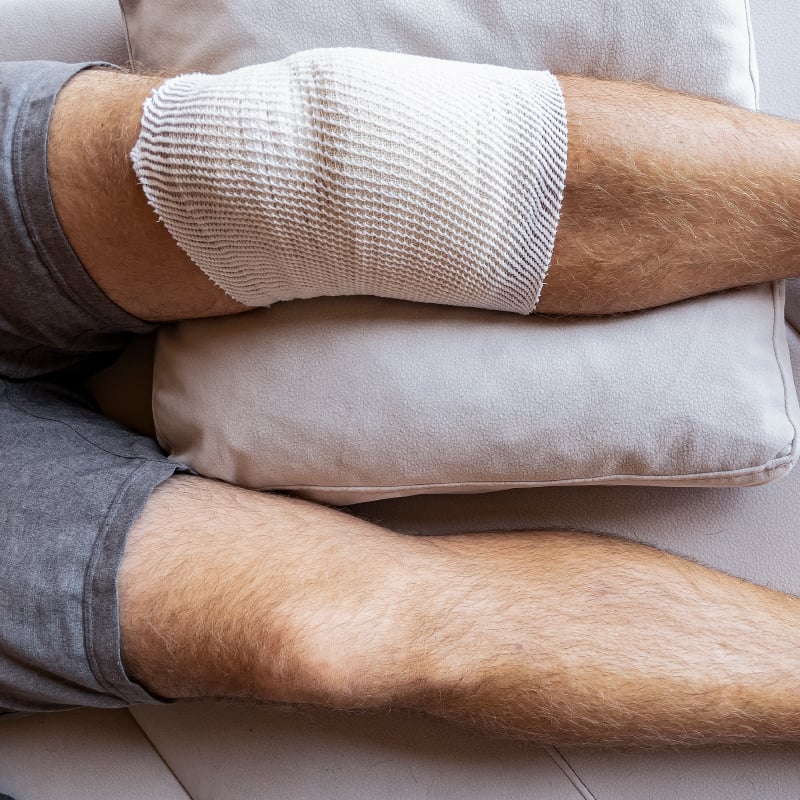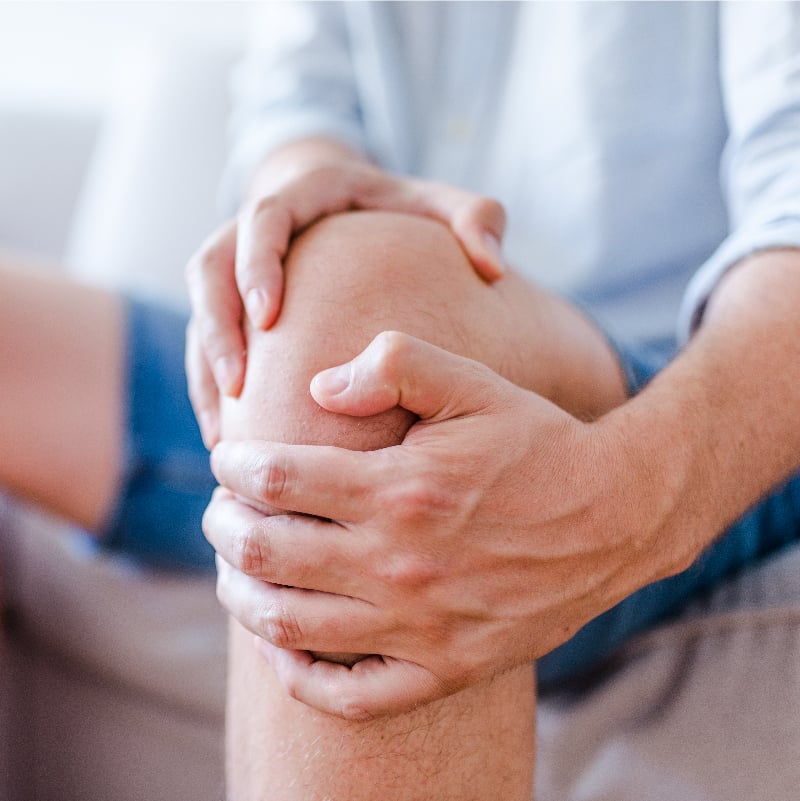So you've been fixed up, stitched up, and woken up - surgery is over and the challenging part is done. Unfortunately, you are not out of the woods yet. Taking proper care of yourself post-surgery as you heal is absolutely vital.
Hopefully you won't have to make use of it, but here is a compilation of things to do while you're on the mend after an operation. With any luck, this list of suggestions will help improve you recover physically and mentally on your way back to good health.
1. Prevent Infection
Following a major surgical procedure, your body will be very susceptible to infection. In fact, the CDC notes 1-3 out of every 100 individuals who have undergone surgery will get an infection. If possible, you should maintain regular bathing habits as one form of preventing infection.
Common signs of infection are:
- redness and swelling around the surgical incision
- fever
- liquid buildup surrounding the wound
The CDC also warns that patients who smoke are more vulnerable to infection.
2. Care for your incision the right way
Inspecting your incision goes hand-in-hand with preventing infection. Before inspecting your incision, always washing your hands before touching it. If your incision is hard to reach or look at, make use of some mirrors if possible.
When examining the incision, make sure that the stitches or staples are still intact. If the incision is pink/red or has wound drainage surrounding it, you might have an infection.
3. Be familiar with your healing
Before and after surgery, make sure you consult with your doctor on your projected healing process.
While it is important to be observant of your recovery, you don't want to get paranoid and worry that you're not healing the way you should be. Be informed about where your activity level should be and if there will be certain symptoms to look out for. You should be able to recognize what is normal and what might require a trip to the ER.
4. Follow your doctor's orders
This one should go without saying, right? Your doctor is the expert and their word should be believed.
After a few days of being bed-ridden, you're likely to get a little stir-crazy. Don't try to push yourself harder than your doctor has suggested. As much as you might like to believe, you are probably not the exception to the rule.
5. Pain control
After surgery, your doctor will most likely have prescribed you some pain medication.
As mentioned above, make sure you heed your doctor's orders - especially when it comes to prescription medicine. Do not take more than the recommended dose of painkillers or use them more frequently than prescribed. It will take a while before your body breaks down the chemicals and you start to feel the drugs' effects.
An important mnemonic device to remember is RICE: Rest, Ice, Compression, and Elevation. If possible, you should be elevating the area of your body that received surgery to allow proper blood flow as well as applying ice and pressure to reduce swelling.
6. Stay active
Movement is so essential that it should probably be written in bold, highlighted and underlined.
Your body is a muscle, and the only way that muscle is going to recover from the trauma of surgery is by exercising it.
Follow your doctor's instructions as to how much activity you can handle, especially in regards to exercise. You don't want to be lying in bed all day so try to get up at least 2-3 times per day. Depending on your injuries, never underestimate the power of a brief walk!
7. Therapy
There are many different therapies you can make use of while you are recovering.
If you find yourself becoming depressed, a clinical psychiatrist could be very useful to you. As you get stronger you can explore different forms of physical therapy from the traditional to water therapy to massage therapy or acupuncture/acupressure.
Consult your doctor to see what kinds of physical therapy you are ready to handle.
8. Eat
In order to repair the machine that is your body, you need to regularly fuel it. Following surgery, you may find that you have lost your appetite. Hydrating and keeping your energy up is a must - and can also help you overcome any nausea induced by the anesthesia of surgery.
Since you are not going to be as active, it is important to eat probiotics for your digestive system and foods high in protein to help maintain your strength. If you are unable to chew or swallow very easily, eat soft, mushy foods – even baby food as needed.
9. Vitamins
Eating healthy foods is great – but you can also supplement your diet with additional vitamins. Focusing on antioxidants as well as Vitamins A, C, E and Zinc. It never hurts to go outside and get some Vitamin D from the sun either!
10. Positivity
While you're on the mend, it is very easy to feel down in the dumps.
For many people, they find themselves unable to do simple tasks they may have taken for granted. With this in mind, it is important to keep a positive attitude. Watch movies or TV shows that make you feel happy -- save the sad sack flicks for later! Thet same goes for any form of entertainment; expose yourself to songs and stories with an uplifting message and battle the blues away.
11. Reduce stress
Listening to music will not only affect your mood but will help loosen any tension you might have.
Music helps you relax, lower stress and can help your body produce endorphins. Another aid to reduce stress and improve your mood is being around people. Even though you're "bed-ridden", you don’t have to be isolated. Surround yourself with the positive influences in your life. Try to reconnect with old friends or family members you haven't talked with in a long time.
12. Productivity
You are going to have a lot of time on your hands, so why not make the best of that time?
Pick up a hobby or craft that you can work on while you're healing. Research some recipes and try your hand at cooking when you're able. Who knows, with all of this time in your hands, you may just end up writing the next great American novel!









